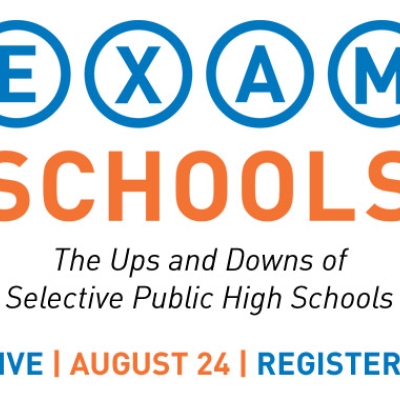Like many, I first became aware of Sal Khan and his Khan Academy when I watched his 2011 TED Talk and was blown away. I immediately jumped onto the site to begin trying practice problems and watching videos in mathematics, the financial crisis, and history. What wowed me most about the site, however, were not Sal's video lessons. Many of those are good and quite informative and instructionally sound as far as they go, but they are also sometimes kind of rudimentary and not always super engaging.
What I loved more was how the site tracked and encouraged student growth and then allowed teachers to monitor that progress. The potential seemed huge for use in traditional or flipped classrooms, yet Khan Academy was offering it all for free.
Since 2011, Khan Academy has grown by leaps and bounds—and seems to have gotten better, too. It's expanded its badging features (more on badges here) to reward students not only for mastering specific knowledge or progressing through lessons but also for being persistent or helpful to others through the site's rich coaching tools. The site also recently added a version in Spanish. Khan’s lessons are now part of multiple pilot programs in real-life classrooms. The academy has built an outstanding computer-programming site—and even has videos with Lebron James asking math and science questions. You may have seen recent TV ads promoting its partnership with Bank of America on financial literacy.
Perhaps the most impactful new feature, however, is the site's reorganization—just in mathematics, so far—around a "Learning Dashboard." I tried it out and kept being impressed with what the system threw at me.
When I first logged in, I was asked to take a pre-test to gauge my math prowess from arithmetic and decimals to advanced algebra and pre-calculus. Based on the questions I answered (probably around a dozen), I was awarded a flurry of badges and the system filled in tiny squares on my dashboard that signified (or so I was given to believe!) competency along a continuum from "Needs Practice" (no progress made) to "Practiced" to "Level One" and "Level Two" and, finally, "Mastered." In just a short period (by Khan’s diagnosis), I've mastered one skill (one-digit addition!), I've reached Level Two in twenty-three skills, I’ve attained Level One in sixteen skills, and I've practiced an additional fifty-four skills—and I have yet to even start acquiring another 409 skills in the Khan library that range from "Comparing with Multiplication" to "Slope of Secant Lines."
Ah, so much more math knowledge to conquer. This might seem overwhelming and discouraging, but the system automatically creates a sequence for you to follow (and also lets you jump around the curriculum, if you prefer). If you are doing well, it moves you forward quickly, but if you are struggling it offers you a hint, a Khan video lesson, or something else to work on so you don't get frustrated. The system then periodically follows up with short "Mastery Challenges" for students to progress in the skills they've been practicing.
But what about quality? And pertinence? How can we be sure that any of this actually means anything in relation to what is being taught in schools? This is coming, if it’s not already there, as the growing Khan Academy team is in the process of aligning its math content with the Common Core and new lessons are being developed to fill in gaps. The progress of this effort can be tracked in real time on the Common Core Map which, besides being a helpful tool for users of the site, might be the best tool for parents I've seen yet for understanding specifically what the Common Core math standards are all about.?
Right now, it still takes too much time on the Khan website to move through knowledge I already possess, and I’d be happier if there were greater access to mastery challenges or other mechanisms to prove competency more quickly from the outset. Perhaps a user could try to pass a test on higher-level skills along with a very brief follow up covering the skills a user has attempted to skip over.
But nobody’s perfect—and the Khan Academy folks are working hard to get closer to perfection. The program continues to impress, and the site is worth a visit if you haven't been there lately. Khan Academy has great potential for conventional classrooms, as well as learning outside school. Even if it turns out not to be widely adopted, however, it continues to show the education world the beginnings of what is possible with online competency-based learning.
